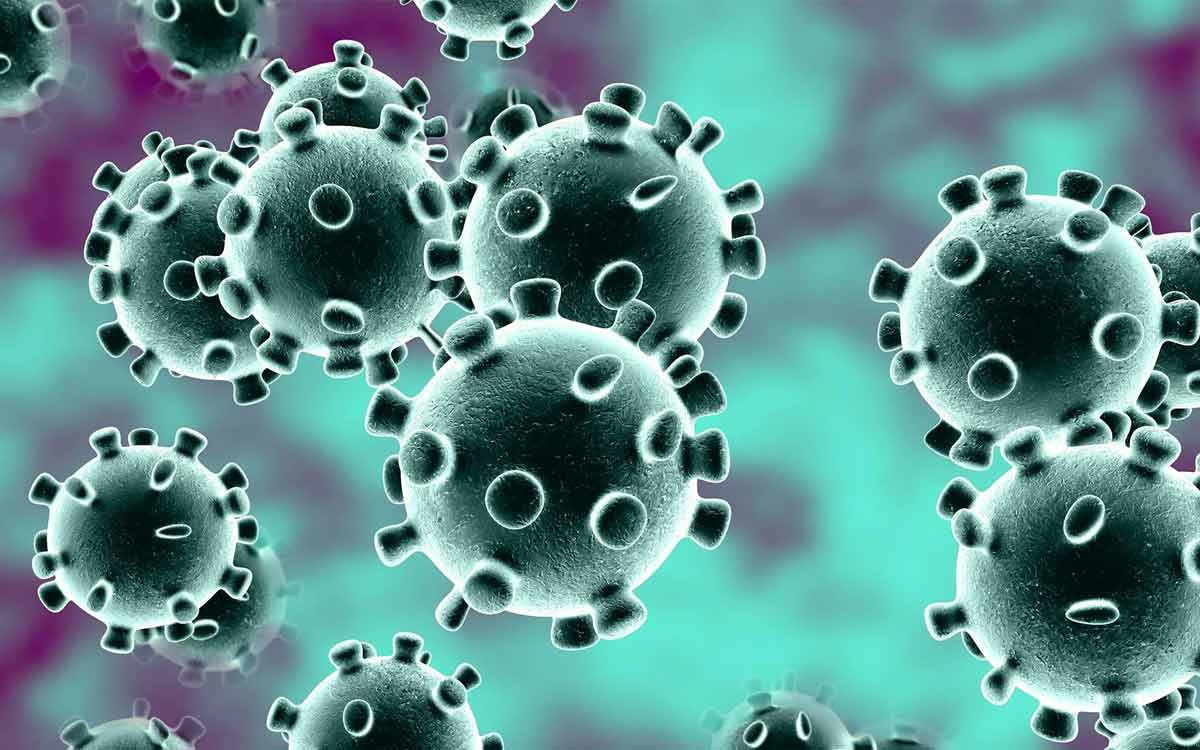Spreading thick and fast all over the globe, the deadly coronavirus has claimed over 3000 lives and infected about 80,000 people in 60 countries. The coronavirus positive cases in India too have risen to 28, as on Wednesday. Here are the symptoms, precautions, dos and don’ts, and common myths surrounding coronavirus as shared by the World Health Organization (WHO).
Symptoms of coronavirus
The symptoms of coronavirus include respiratory symptoms, fever, cough, shortness of breath and breathing difficulties. In more severe cases, the infection can cause pneumonia, severe acute respiratory syndrome, kidney failure, and even death.
Dos and Don’ts of Coronavirus:
Dos
- Wash your hands frequently with an alcohol-based hand rub or with soap and water.
- Maintain at least 1 metre (3 feet) distance from anyone who is coughing or sneezing.
- Avoid touching your eyes, nose, and mouth.
- Follow good respiratory hygiene. Cover your mouth and nose with your bent elbow or tissue when you cough or sneeze. Then dispose of the used tissue immediately.
- If you have fever, cough, or difficulty in breathing, seek medical attention as soon as possible.
- Stay informed and follow the advice of your healthcare provider.
Don’ts
- Avoid travelling if you’re sick.
- Avoid travel to China if not essential. Indians have been advised to avoid all non-essential travel to countries affected by the virus.
- Don’t go in close contact with a person who has symptoms of the virus.
- Don’t take medicines without consulting your healthcare provider
- Spreading false and unverified information on social media and other platforms must be discouraged.
Common Myths surrounding coronavirus
- Pets at home spread the new coronavirus
As per WHO, at present, there is no evidence that companion animals/pets such as dogs or cats can be infected with the new coronavirus. However, it is always a good idea to wash your hands with soap and water after contact with pets. This protects you against various common bacteria such as E.coli and Salmonella that can pass between pets and humans. - Eating garlic helps prevent the new coronavirus
WHO says garlic is a healthy food that may have some antimicrobial properties. However, there is no evidence from the current outbreak that eating garlic has protected people from the new coronavirus. - Antibiotics are effective in treating coronavirus
No, antibiotics do not work against viruses, only bacteria. The new coronavirus (2019-nCoV) is a virus and, therefore, antibiotics should not be used as a means of prevention or treatment. However, if you are hospitalised for the 2019-nCoV, you may receive antibiotics because bacterial co-infection is possible. - Rinsing the nose with saline water helps in the prevention of coronavirus
No. There is no evidence that regularly rinsing the nose with saline has protected people from infection with the new coronavirus. There is some limited evidence that regularly rinsing nose with saline can help people recover more quickly from the common cold. However, regularly rinsing the nose has not been shown to prevent respiratory infections. - Sesame oil blocks coronavirus from entering the body
No. Sesame oil does not kill the new coronavirus. There are some chemical disinfectants that can kill the 2019-nCoV on surfaces. These include bleach/chlorine-based disinfectants, either solvents, 75% ethanol, peracetic acid, and chloroform. However, they have little or no impact on the virus if you put them on the skin or under your nose. It can even be dangerous to put these chemicals on your skin.
Information Credits: World Health Organization










Discussion about this post